First Old Ale:
"Old ale is another style from the 18th century, stored for months or even years in wooden vessels where the beer picked up some lactic sourness from wild yeasts and tannins in the wood.. As a result of the sour taste it was dubbed 'stale' by drinkers and the beer was one of the components of the early blended porters."
Old Ale was not a component of early Porter. Porter was an unblended partially-aged beer, at least in the beginning. And it was a beer, so wouldn't have had Ale in it. When later in the 18th century they did begin to blend Porter, it was Mild Porter and Keeping Porter that were blended. Two beers.
We've some to the entry on Bitter (totally different from Pale Ale, remember) now:
"Bitter was a new type of running beer: it was a member of the pale ale family but was generally deep bronze or copper due to the use of slightly darker malts, such as crystal, that gave the beer fulness of palate."
Pale Ale had been called Bitter, Bitter Beer, Bitter Ale, etc before the first running Pale Ale was brewed. Bitter was not coined to describe running Pale Ales and after they had appeared continued to be used in relation to Pale Ales of all types.
Running Bitter wasn't darker than Pale Ale. The two beers were brewed from the same ingredients. In fact they were often parti-gyled together. I've yet to find a single case of crystal malt being used in a Pale Ale or Bitter of any kind before 1900.
Finally Scottish beers:
"Historically, Scottish beers tend to be darker, sweeter and less heavily hopped that [sic] beers south of the border: a reflection of a colder climate where hops don't grow and beer needs to be nourishing."I sometimes wonder if I'll ever manage to stop people repeating this bollocks. It isn't true. Hops have been grown in Scotland and, just because hops aren't grown in a region doesn't mean brewers don't use them. Where are the hop fields in Staffordshire? Or Yorkshire?

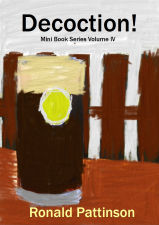



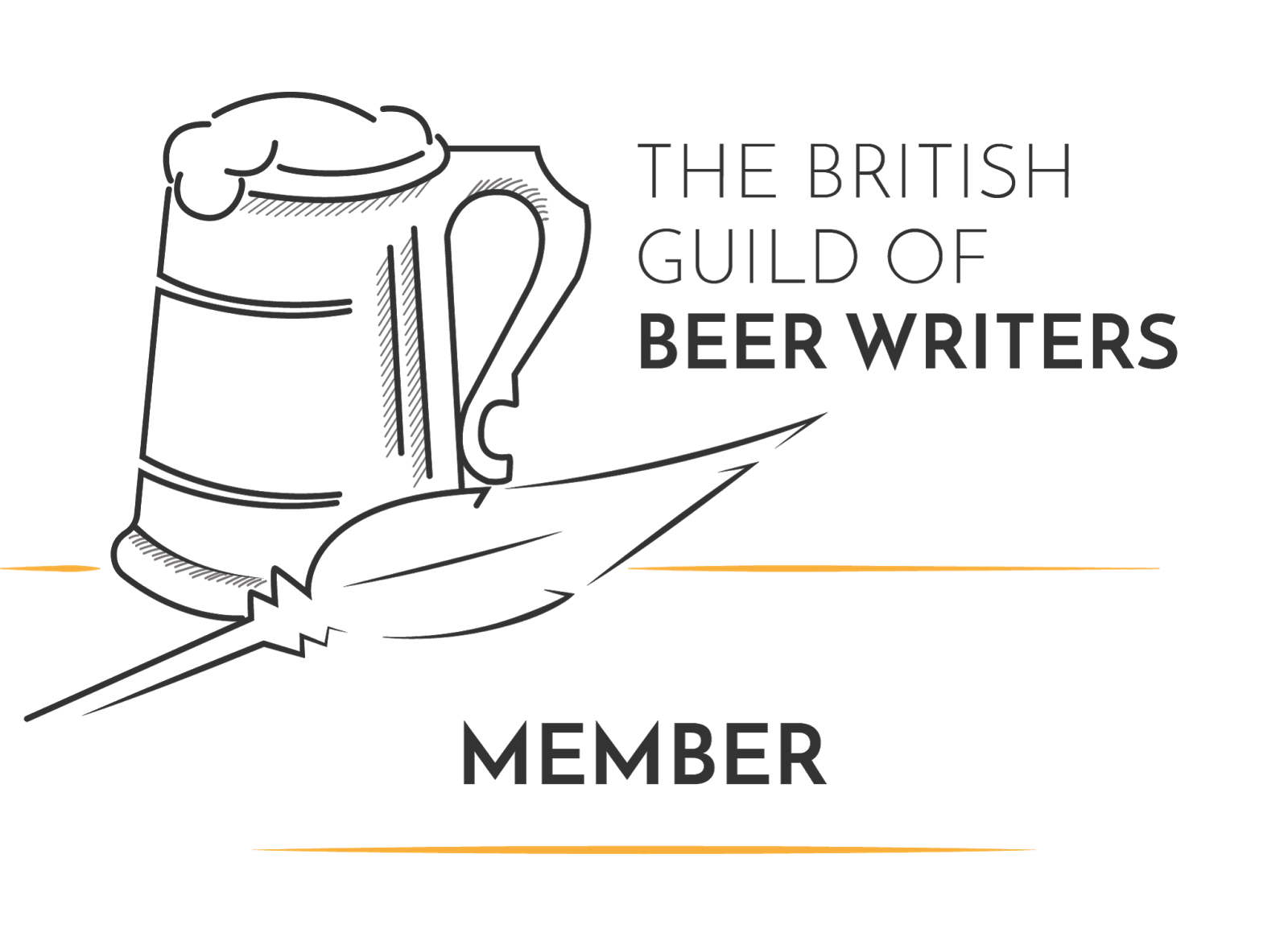









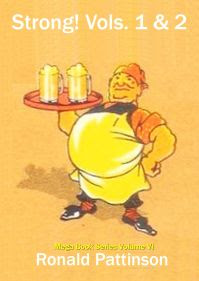


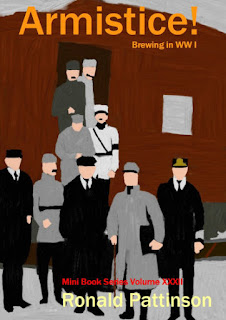


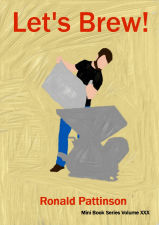
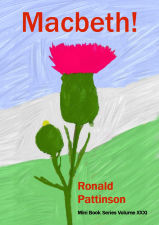
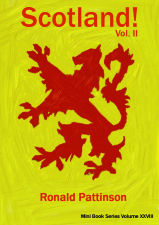
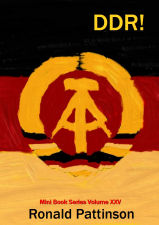


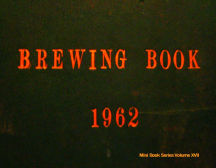
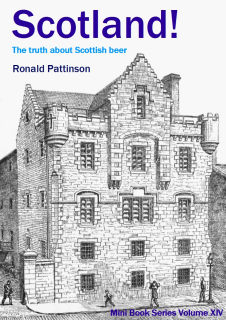
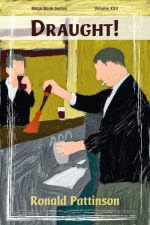

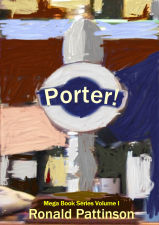

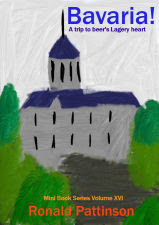

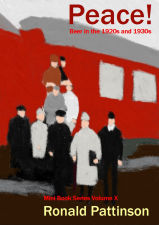

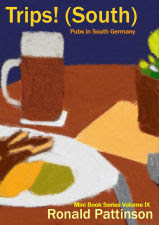
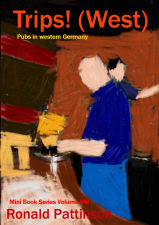
































8 comments:
the myth that gets my goat with Scottish beer is that in the 19th century hops were used less because of the need to 'import' hops from England.
I wasn't aware that in the United Kingdom there was a political border between England and Scotland which magically made hops more expensive.
Sure transporting the hops from England might have added to the cost, but is expense was such an issue why did Scottish brewers bring in tons of Saaz hops from the then Austro-Hungarian Empire for there beer?
Some people clearly don't ask the simple questions that blow silly myths to pieces.
I feel your pain...
Velky Al , from what I've read in Ron's blog the Scots used exclusively English malt in brewing.
So they would import malt from England but not hops...hmmm
Marquis, some Scottish brewers used all English barley (they mostly malted it themselves). But others used a mix of Scottish, English and other (American, Middle Eastern, European) barley. Just been looking at lots of Maclay's records and at some points sfter WW II they were using all Scottish malt.
"just because hops aren't grown in a region doesn't mean brewers don't use them. Where are the hop fields in Staffordshire? Or Yorkshire?"
No major hop yards in county louth as far as i am aware to brew the famous Drogheda ale
marquis,
my issue is not with the hops or the malt or whatever coming from England, it is the term 'import' - it suggests the crossing of political boundaries which simply do not exist (at the moment) in the United Kingdom and haven't since 1707.
1707? Wouldnt is be 1603, when James VI added that country to the south onto his realm?
Im an American, so dont really know my UK history, is 1707 when parliaments merged or something?
Rob,
1603 was the Union of Crowns when James VI became James VI and I. The kingdoms involved, England, Scotland and Ireland, retained their own parliaments, legal systems and customs - they were purely 'united' in the person of the monarch.
1707 was when the Union of Parliaments occurred between the kingdoms of England and Scotland under the reign of Queen Anne - Ireland wouldn't be brought into the 'United Kingdom' at a legislative level until 1800.
Prior to the Union of Parliaments Scots couldn't freely move and trade throughout the island of Great Britain, and vice versa for the English in Scotland - and most importantly gave Scots unimpeded access to the dominions and plantations of the new 'British Empire'.
Post a Comment